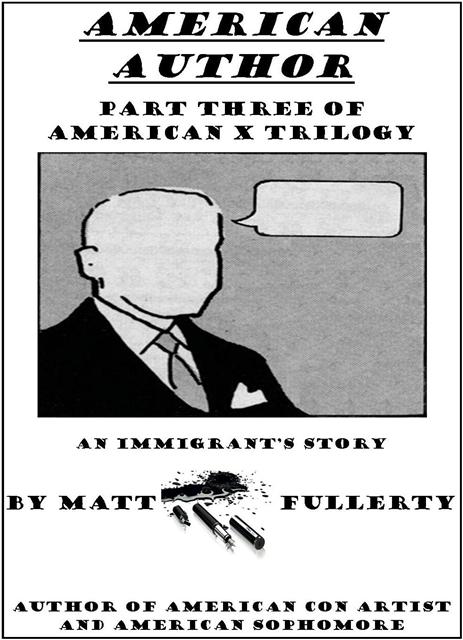
James Bond and Chess
- "The two faces of the double clock in the shiny, domed case looked out across the chess-board like the eyes of some huge sea monster that had peered over the edge of the table to watch the game. The two faces of the chess clock showed different times."
With these words Ian Fleming opens chapter 7 of FROM RUSSIA WITH LOVE. In 1963 this novel became the second film in the perennial James Bond series.
But there's not much 0-0 in 007 -- or much chess in most chess fiction, for that matter. The book only tells us that grandmaster Kronsteen, a secret agent of the deadly SMERSH, won this game after introducing "a brilliant twist into the Meran Variation of the Queen's Gambit Declined to be debated all over Russia for weeks to come."
The position on a wallboard in the movie is based on an intruiging King's Gambit won by Boris Spassky against David Bronstein at the USSR Championship in 1960. Here it takes place at the Venice International Tournament where Kronsteen ignores a courier's sealed message ordering him to stop play on the spot. He knows he risks his life if he fails to obey, but how many players can abandon a sure win?
At his own peril Kronsteen waits three more minutes to accept his opponent's resignation; but later he must explain to his superior why he did not obey at once. In the book his excuse is accepted reluctanctly:
- "To the public, Comrade General, I am a professional chess player. If, with only three minutes to go, I had received a message that my wife was being murdered outside the door of the tournament hall, I would not have raised a finger to save her. My public know that. They are dedicated to the game as myself. Tonight, if I had resigned the game and had come immediately upon receipt of that message, 5000 people would have known that it could only be on the orders of such a department as this. There would have been a storm of gossip. My future comings and goings would have been watched for clues. It would have been the end of my cover. In the interests of State Security, I waited three minutes before obeying the order. Even so, my hurried departure will be the subject of much comment."
In the real game Spassky gambled by rejecting the prudent 15 Rf2. Black in turn missed the best defense by 15...exf1/Q 16 Rxf1 Bxd6 17 Qh7 Kf8 18 cxd6 cxd6 19 Qh8 Ke7 20 Re1 Ne5 21 Qxg7 Rg8 22 Qxh6 Qb6 23 Kh1 Be6 24 dxe5 d5 25 Qf6 Kd7 and the king trips to safety with a possible draw in the offing.
Later if 17...Kxf7? (necessary is 17...Qd5 18 Bb3 Qxb3) 18 Ne5 Kg8 19 Qh7! Nxh7 20 Bc4 Kh8 21 Ng6 mate.
White: BORIS SPASSKY Black: DAVID BRONSTEIN King's Gambit 1960 1 e4 e5 2 f4 exf4 3 Nf3 d5 4 exd5 Bd6 5 Nc3 Ne7 6 d4 0-0 7 Bd3 Nd7 8 0-0 h6 9 Ne4 Nxd5 10 c4 Ne3 11 Bxe3 fxe3 12 c5 Be7 13 Bc2 Re8 14 Qd3 e2 15 Nd6!? Nf8? 16 Nxf7 exf1/Q 17 Rxf1 Bf5? 18 Qxf5 Qd7 19 Qf4 Bf6 20 N3e5 Qe7 21 Bb3 Bxe5 22 Nxe5 Kh7 23 Qe4 Black resigns
Source: Evans On Chess. June 30, 1995. From Chess Connection

cropped.jpg)
.jpg)
cropped.jpg)
2.jpg)
Cropped.jpg)
cropped.jpg)
4.jpg)

